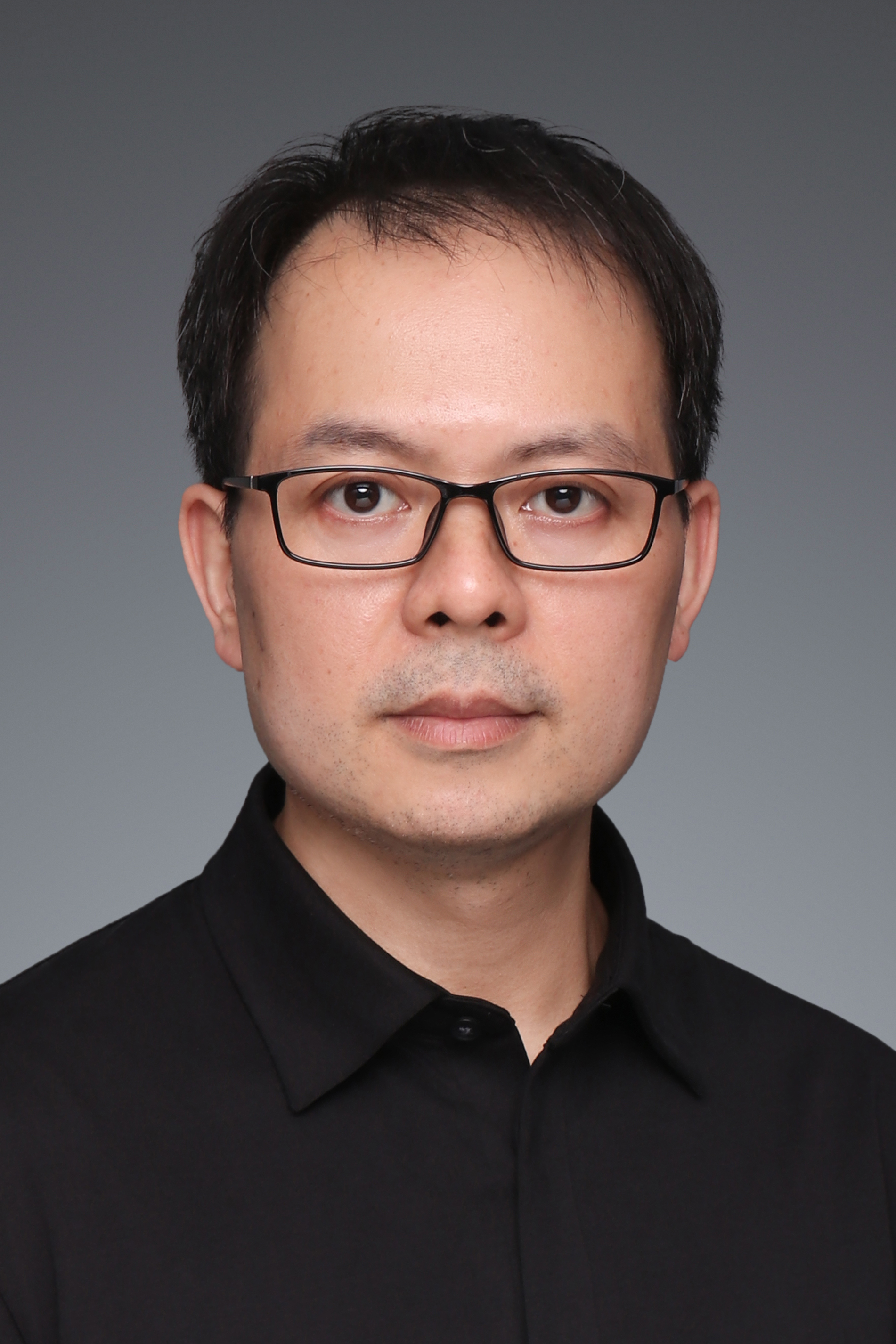
YANG Weiwei
Ph.D., Professor
Institute of Biochemistry and Cell Biology, Shanghai Institutes for Biological Sciences, Chinese Academy of Sciences, 320 Yue-yang Road, Shanghai 200031, China.
Tel: 54921295
Email: weiweiyang@@sibcb.ac.cn
Research Areas
Mutations in oncogenes and tumor suppressor genes cause alterations to multiple intracellular signaling pathways that affect tumor cell metabolism and re-engineer it to allow enhanced survival and growth. In fact, metabolic alterations are required for tumor cells to be able to respond to the proliferative signals that are delivered by oncogenic signaling pathways. In addition, the unique biochemical microenvironment further influences the metabolic phenotype of tumor cells, and thus affects tumor progression, response to therapy and patient outcome. These metabolic adaptations must balance the three crucial requirements of tumor cells, increased energy production, sufficient macromolecular biosynthesis and maintenance of redox balance. Only by thoroughly dissecting these processes will we discover the Achilles heels of tumor metabolic pathways and be able to translate this knowledge to the development and implementation of novel classes of therapeutics.
Our research interests mainly focus on three directions:
The role of metabolic reprogramming in cancer progression and therapy resistance.
The reciprocal regulation between tumor microenvironment and tumor cell metabolism.
The roles of metabolites in signal transduction
These findings may not only provide a molecular basis for improved diagnosis and treatment of tumors, but also serve as a guideline for personalized cancer therapy.
Education
1997-2001: Wuhan University (B.S.)
2001-2007: Institute of Health Sciences, Shanghai Institutes for Biological Sciences, Chinese Academy of Sciences (Ph.D.)
Experience
2008-2013: MD Anderson Cancer Center (Postdoctoral Fellow and Odyssey Fellow)
2013-present: Intitute of Biocheminstry and Cell Biology, Shanghai Institutes for Biological Sciences, Chinese Academy of Sciences (Principal Investigator)
Publications
Selected Publications (*correspondence)
1. Wang X, Liu R, Zhu W, Qu X, Yu H, Chu H, Zhang Y, Zhu W, Wu X, Gao H, Tao B, Li W, Liang J, Li G*, Yang W*. α-Ketoglutarate-Activated NF-κB Signaling Promotes Compensatory Glucose Uptake and Brain Tumor Development. Molecular Cell, 2019 Aug 22; DOI:https://doi.org/10.1016/j.molcel.2019.07.007
2.Wang X, Liu R, Zhu W, Chu H, Yu H, Wei P, Wu X, Zhu H, Gao H, Liang J, Li G, Yang W*. UDP-glucose accelerates SNAI1 mRNA decay and impairs lung cancer metastasis. Nature, 2019 Jul; 571(7763):127-131.
3. Liu R, Li W, Tao B, Wang X, Yang Z, Zhang Y, Wang C, Liu R, Gao H, Liang J, Yang W*. Tyrosine phosphorylation activates 6-phosphogluconate dehydrogenase and promotes tumor growth and radiation resistance. Nat Commun, 2019 Mar 1; 10(1):991.
4. Jin G, Zhang Y, Cong W, Wu X, Wang X, Wu S, Wang S, Zhou W, Yuan S, Gao H, Yu G, Yang W*. Phosphoglucomutase 1 Inhibits Hepatocellular Carcinoma Progression by Regulating Glucose Trafficking. PLOS Biol, 2018, 16(10): e2006483.
5. Zhang Y, Yu G, Chu H, Wang X, Xiong L, Cai G, Liu R, Gao H, Tao B, Li W, Li G, Liang J, Yang W*. Macrophage-Associated PGK1 Phosphorylation Promotes Aerobic Glycolysis and Tumorigenesis. Mol Cell, 2018 July; 71:1-15
6. Liang J, Cao R, Wang X, Zhang Y, Wang P, Gao H, Li C, Yang F, Zeng R, Wei P, Li D, Li W and Yang W*. Mitochondrial PKM2 regulates oxidative stress-induced apoptosis by stabilizing Bcl2. Cell Res, 2017 Mar; 27(3):329-351.
7. Liang J, Cao R, Zhang Y, Xia Y, Zheng Y, Li X, Wang L, Yang W*, Lu Z*. PKM2 dephosphorylation by Cdc25A promotes the Warburg effect and tumorigenesis. Nat Commun, 2016 Aug 3; 7:12431.
8. Yang W, Zheng Y, Xia Y, Ji H, Cote G, Aldape K, Chen X, Lu Z*. ERK1/2-dependent nuclear translocation of PKM2 promotes the Warburg effect. Nat Cell Biol, 2013 Jan; 15(1):124.
9. Yang W, Xia Y, Zheng Y, Bu W, Yung W, Cote G, Aldape K, Li Y, Verma I, Chiao P, Lu Z*. EGFR-induced NF-kB activation upregulates PKM2 expression and promotes the Warburg effect. Mol Cell, 2012 Dec 14; 48(5):771-84.
10. Yang W, Xia Y, Hawke D, Li X, Liang J., Xing D, Aldape K, Hunter T, Yung W, Lu Z*. PKM2 phosphorylates Histone H3 and promotes gene transcription and tumorigenesis. Cell, 2012 Aug 17; 150(4):685-96.
11. Yang W, Xia Y, Ji H, Zheng Y., Liang J., Huang W, Gao X, Aldape K, and Lu Z*. Nuclear PKM2 regulates beta-catenin transactivation upon EGF stimulation. Nature, 2011 Dec 1; 480(7375):118-22.
